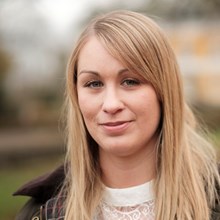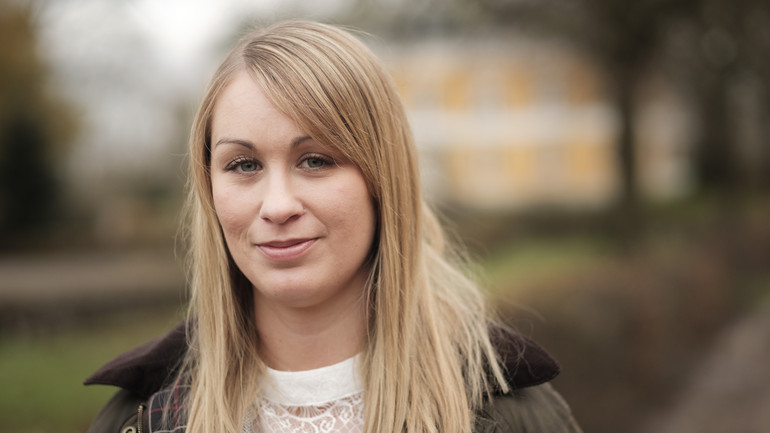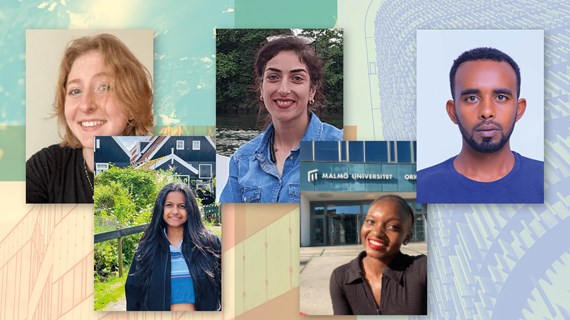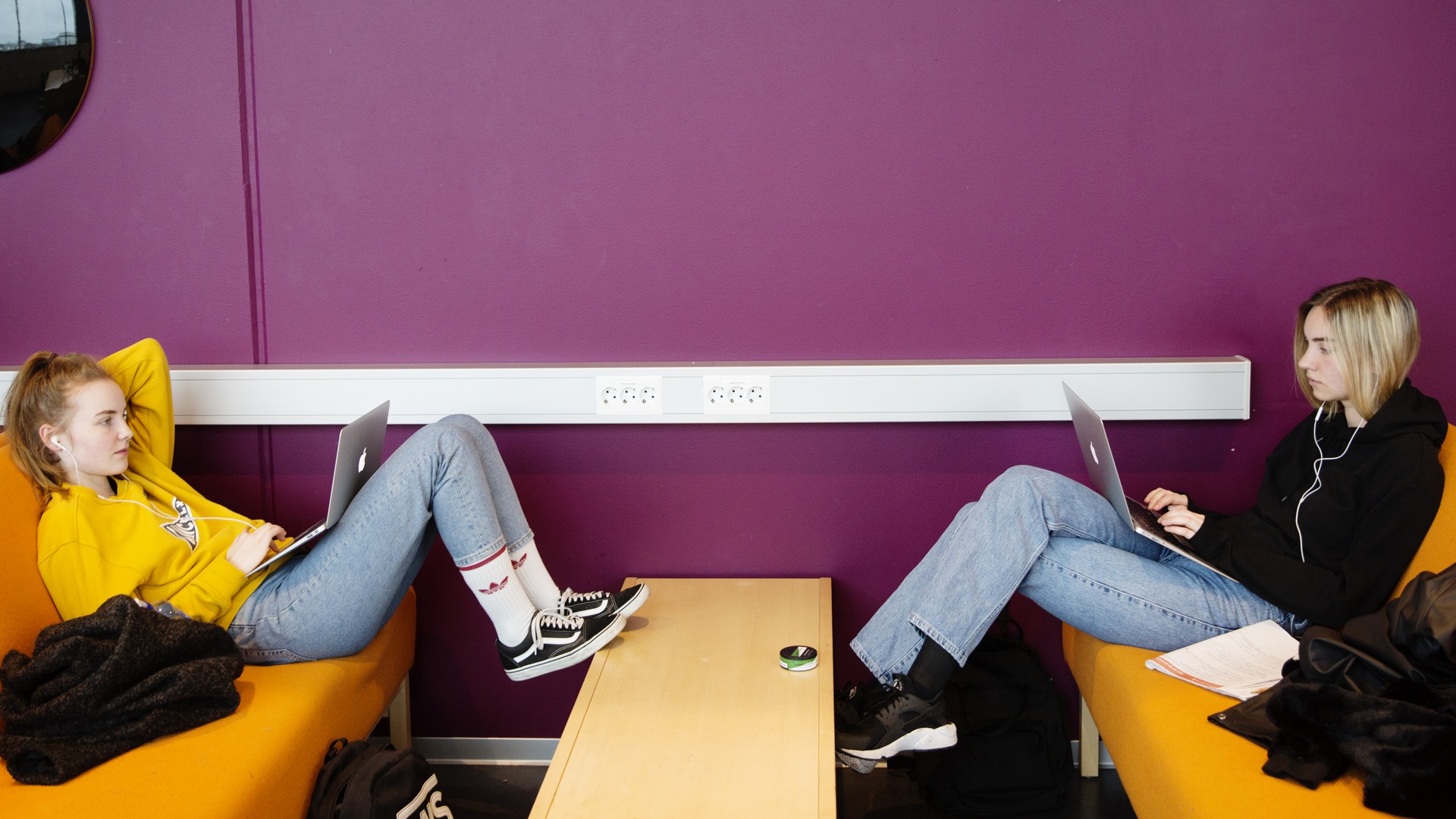Autumn 2026 - Semester 1
- Sport in Society - to Address Challenges (IV601G), 7.5 credits
- Sport and Sustainable Development (IV605G), 7.5 credits
- Sport Governance – from Local to International Level (IV604G), 7.5 credits
- Perspectives on Sport in a Changing World (IV603G), 7.5 credits
Spring 2027 - Semester 2
- Globalisation, Sport and Health (IV602G), 7.5 credits
- Research Methods in Sport Sciences (IV606G), 7.5 credits
Autumn 2027 - Semester 3
- Research and Development with Focus on Sport in Society (IV608G), 15 credits
- Scientific Methods and Analysis (IV609G), 15 credits






